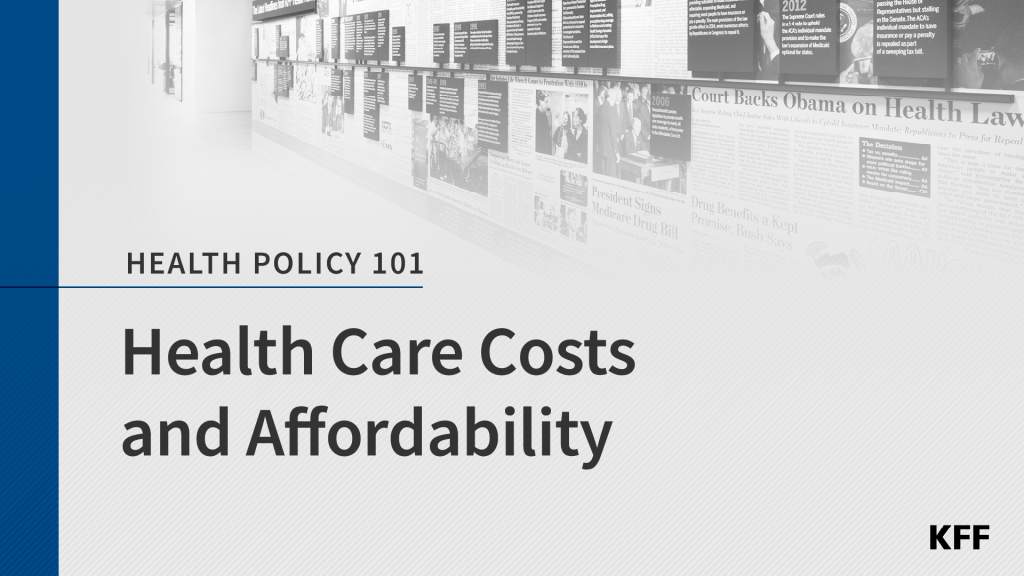Health Care Access and Financial Barriers Among LGBT People Amidst Looming Health Care Cuts
This brief reviews new data from the May 2025 KFF Health Tracking Poll on LGBT adult’s experiences and concerns related to health care affordability. Overall, the findings show that LGBT adults face more widespread problems and concerns with health care affordability compared to non-LGBT adults.
